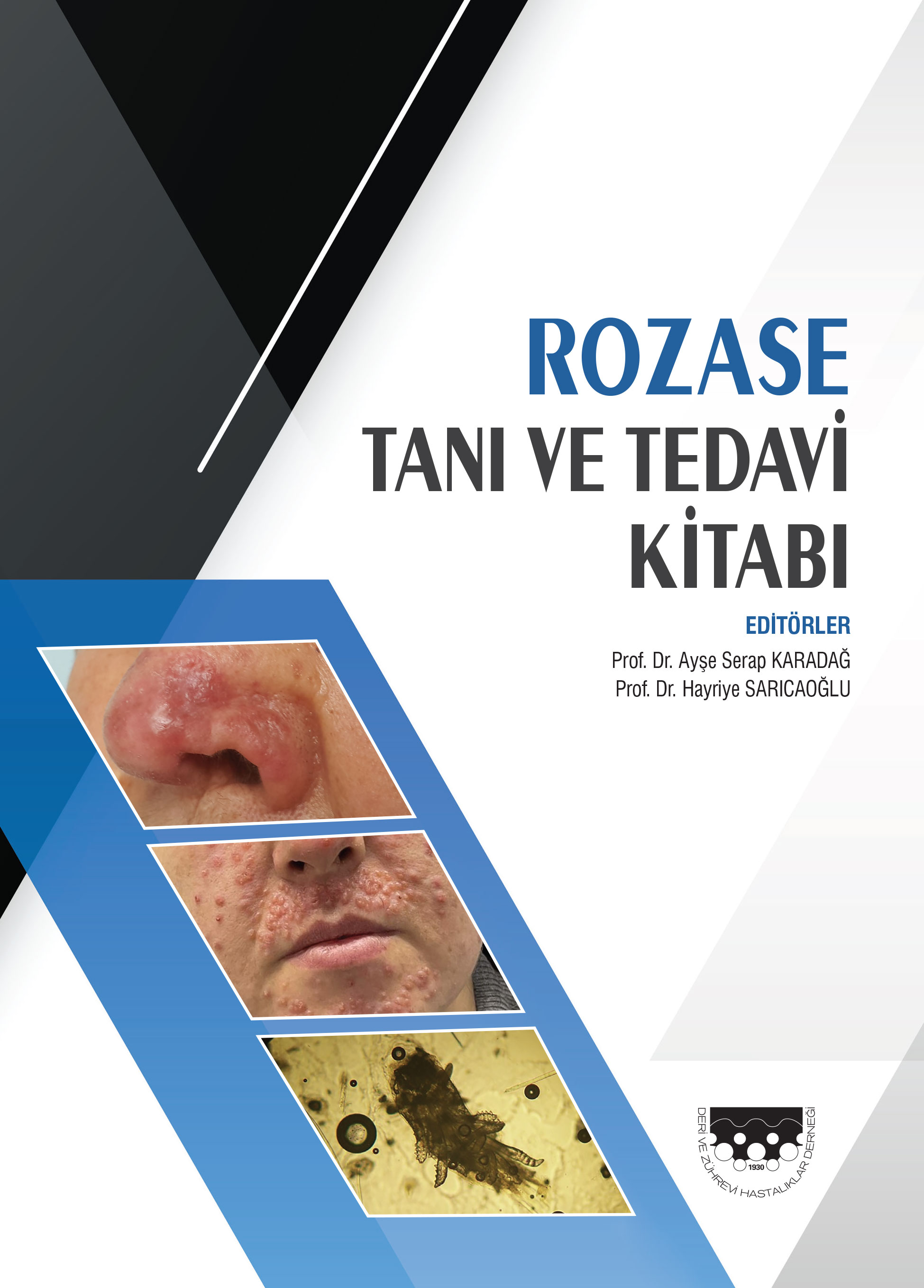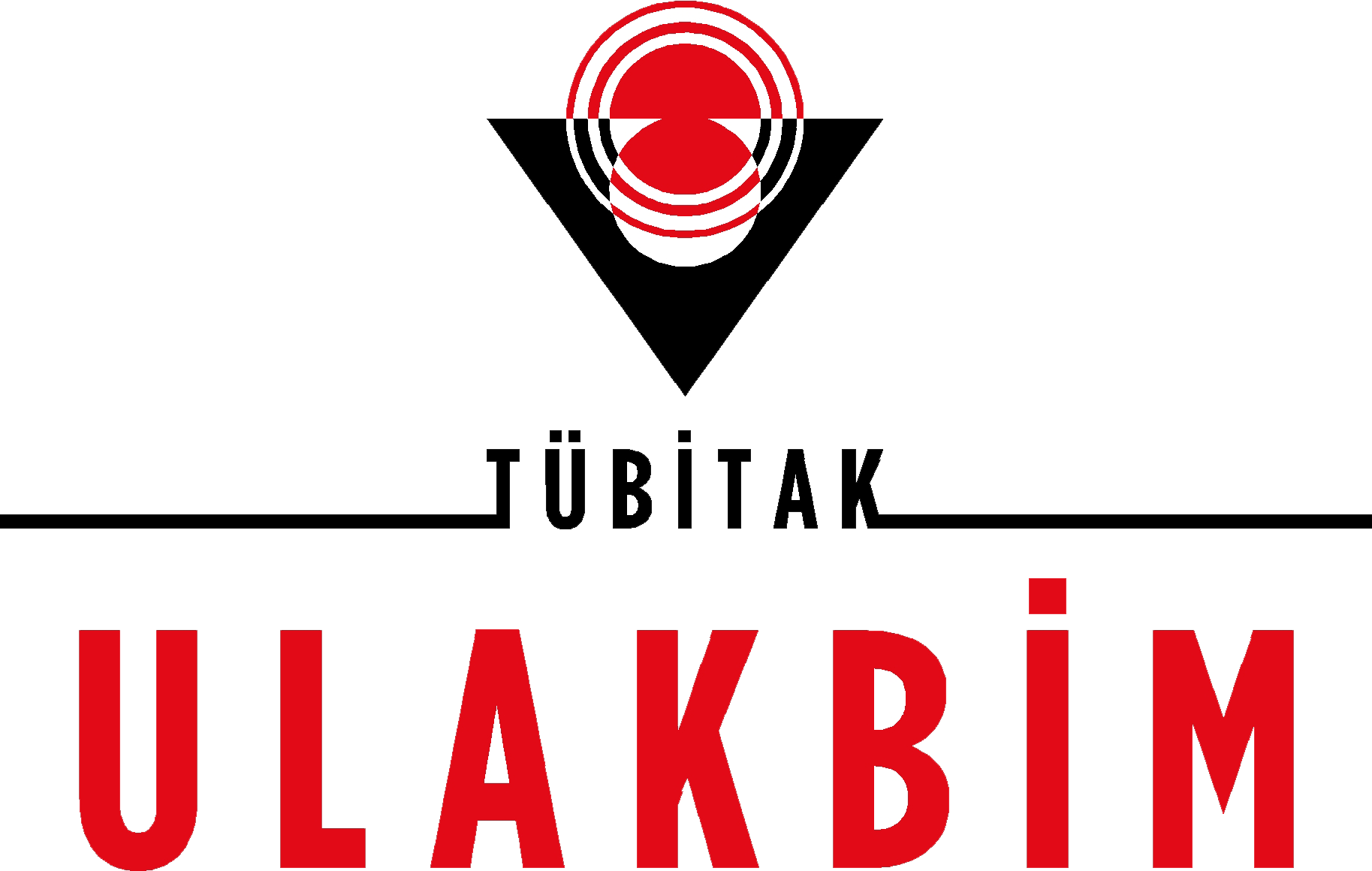Omalizumab in chronic spontaneous urticaria treatment: real life experiences
Burhan Engin1, Uğur Çelik2, Aslıhan Özge Birben1, Özge Aşkın1, Zekayi Kutlubay1, Server Serdaroğlu11Istanbul Univercity-Cerrahpasa, Cerrahpasa Faculty of Medicine, Department of Dermatology, İstanbul; Turkey2Dermatology Department of Şişli Hamidiye Etfal Research and Training Hospital, University of Health Sciences, Turkey
Background and design: Urticaria is an intensely pruritic dermatologic disorder characterized by temporary erythematous and edematous lesions. Immunoglobulin E, mast cells and histamine play major role in its pathogenesis. H1 anti-histamines are the basis of the treatment but they may not be sufficient for some cases. Latest guidelines advise to use omalizumab, anti-IgE monoclonal antibody, for patients with refractory urticaria. Our aim is to evaluate the efficacy and safety of omalizumab in patients with chronic spontaneous urticaria and share the real life experiences in our patients.
Materials and Methods: This study, which covers the 50 months between April 2014 and June 2018, includes data of 124 chronic spontaneous urticaria patients treated with monthly subcutaneous injections of omalizumab. 7 day urticaria activity score (UAS7) was used to compare the disease severity before and after the treatment.
Results: A total of 124 patients consisted of 75 females (60.4 %) and 49 males (39.6 %) were enrolled. Mean UAS7 scores before and after the treatment were 32.4 and 2.8 respectively. Before the treatment, 107 of 124 patients (86.2 %) had severe urticaria while remaining 17 patients (13.8 %) had moderate disease. Urticarial lesions of 78 patients (63 %) completely disappeared under the treatment. 31 patients (25 %) had the disease under control. 12 patients (9.6 %) still had mild disease and remaining three patients (2.4 %) had refractory moderate symptoms. There was no correlation between treatment response rates and presence of thyroid autoantibodies or high IgE levels. There was no severe side effect observed during the treatment up to 36 months (mean 11 months).
Conclusion: Our results supported the literature showing that omalizumab is rapid acting, effective and safe treatment choice for chronic spontaneous urticaria.
Keywords: anti-IgE, chronic spontaneous urticaria, histamine, mast cell, omalizumab
Kronik spontan ürtiker tedavisinde omalizumab: Gerçek yaşam verisi
Burhan Engin1, Uğur Çelik2, Aslıhan Özge Birben1, Özge Aşkın1, Zekayi Kutlubay1, Server Serdaroğlu11İstanbul Üniversitesi-Cerrahpaşa, Cerrahpaşa Tıp Fakültesi, Deri ve Zührevi Hastalıkları Anabilim Dalı, İstanbul, Türkiye2Şişli Hamidiye Etfal Eğitim ve Araştırma Hastanesi, Dermatoloji Bölümü, İstanbul
Amaç: Ürtiker, geçici eritemli ve ödemli lezyonlarla karakterize, yoğun kaşıntılı dermatolojik bir hastalıktır. İmmünoglobulin E, mast hücreleri ve histamin patogenezinde önemli rol oynar. H1 anti-histaminikler tedavinin temelidir, ancak bazı durumlarda yeterli olmayabilir. Son kılavuzlar dirençli ürtikeri olan hastalar için anti-IgE monoklonal antikoru olan omalizumab, kullanımını önermektedir. Amacımız kronik spontan ürtiker hastalarında omalizumabın etkinliğini ve güvenliğini değerlendirmek ve hastalarımızdaki gerçek yaşam deneyimlerini paylaşmaktır.
Gereç ve Yöntem: Nisan 2014 ile Haziran 2018 arasında 50 ayı kapsayan bu çalışma, aylık subkutan omalizumab enjeksiyonları ile tedavi edilen 124 kronik spontan ürtiker hastasının verilerini içermektedir. Tedavi öncesi ve sonrası hastalık şiddetini karşılaştırmak için 7 günlük ürtiker aktivite skoru (UAS7) kullanılmıştır.
Bulgular: Toplam 124 hastadan 75i kadın (% 60.4) ve 49u erkek (% 39.6) idi. Tedavi öncesi ve sonrası ortalama UAS7 skorları sırasıyla 32.4 ve 2.8 idi. Tedavi öncesi 124 hastanın 107'sinde (% 86.2) şiddetli ürtiker, 17'sinde (% 13.8) orta derecede hastalık vardı. Tedavi edilen 78 hastanın (% 63) ürtikeryal lezyonları tamamen kayboldu. Hastaların 31'i (% 25) kontrol altındaydı. 12 hastada (% 9.6) hala hafif bir hastalık vardı ve geriye kalan üç hastada (% 2.4) dirençli orta derecede semptomlar vardı. Tedaviye yanıt oranları ile tiroid otoantikorları veya yüksek IgE düzeyleri arasında korelasyon yoktu. Tedavi sırasında 36 aya kadar (ortalama 11 ay) ciddi bir yan etki görülmedi.
Sonuç: Sonuçlarımız omalizumabın kronik spontan ürtiker için hızlı etkili, etkin ve güvenli tedavi seçeneği olduğunu gösteren literatürü desteklemektedir.
Anahtar Kelimeler: anti-IgE, kronik spontan ürtiker, histamin, mast hücresi, omalizumab
Manuscript Language: English























